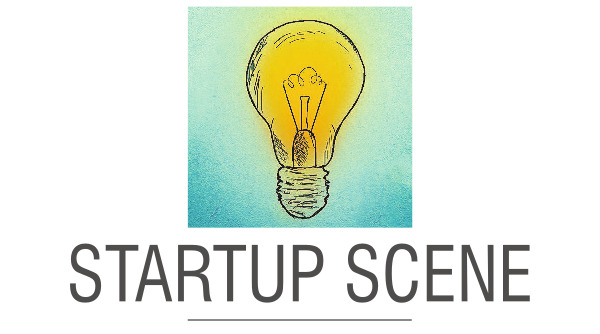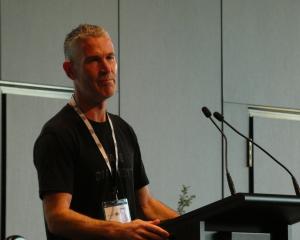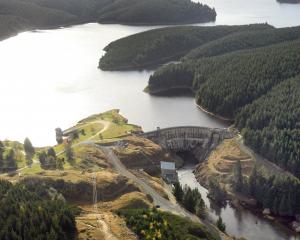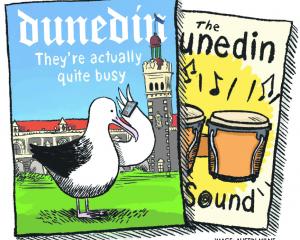
Many start-ups use phrases like "dynamic, fast-moving team" and "customer-obsessed". They promise you’ll "challenge the status quo" and be "at the forefront of innovation". And, universally, they ask that you be "comfortable with ambiguity".
Ambiguity, or uncertainty, is a defining start-up characteristic.

At Startup Dunedin, we say a start-up is a series of experiments, a step-by-step process of turning each assumption — "I think" — into evidence-based confidence —"I know". A guess into a "yes".
There’s a scene in the movie The Founder in which the two McDonald brothers explain how they developed the "speedee" kitchen layout that powered their new invention: fast food. Their goal was to fill an order in 30 seconds, rather than the traditional 30 minutes. They had an "I think" of where each piece of equipment needed to be to make this goal possible. But, before they remodelled the restaurant, they ran an experiment.
They took the kitchen staff down to an empty tennis court and drew out the new kitchen layout in chalk. The staff acted out making burgers using the new setup, while the McDonald brothers watched and timed them. The result? Not fast enough. But they could see what worked and what didn’t, so they erased some chalk marks, made some new ones, and tried again. In the space of an afternoon they tested a bunch of different options until they found one that works; they got to an "I know!" Then they built it.
Unfortunately, they forgot to run some experiments to test their "I thinks" about how customers would react. It’s hard to get people to change behaviour.
In the very early stages of a new venture, "launching a start-up" and "starting a new business" can look similar. There are a lot of things that are uncertain: what will I sell, how will I get it, where will I sell it, how will people find out about it, how much profit will I make? A lot of the tools and techniques we use at Startup Dunedin apply equally to both a start-up and a traditional business starting out. (It’s free to book in for a chat with us, either way!)
The difference with a start-up is that not only are there a lot of unknowns; some things are unknowable. This is because a start-up is trying to do something that hasn’t been done before, so they can’t just look at existing business for an answer. Start-ups are searching for a new business model, one that hasn’t been proved to work. Often, start-up aim to create a business model that is scalable, meaning there is a possibility that the business can grow in a way that improves efficiency (i.e. profit margins) the bigger they get.
Why is this growth potential important? Searching for a new business model is risky because of all the uncertainty and ambiguity. Therefore a start-up is less likely to achieve success, compared to a traditional business with a proven way of doing things. So the reward, if the search is successful, should be greater than a traditional starting-up process.
Which leads us back to a start-up being a series of experiments. Astro Teller, "Captain of Moonshots" at Google’s Moonshot’s Factory, said: "Let’s say you’re trying to teach a monkey how to recite Shakespeare while on a pedestal. Don’t start by building the pedestal."
Building the pedestal is the easy part; it’s been done before, there are instructions you can follow. But teaching a monkey to talk is really hard! That’s where the most uncertainty and ambiguity lies. So: start with the monkey. Solving that will have the biggest impact on whether you’ll succeed or fail, so that should be the focus of your first experiments.
What that talking monkey is will be different for each start-up. Startup Dunedin has tools and frameworks to help you identify them and design experiments to test them.
Startup Dunedin has $10,000 worth of microgrants to award to help start-ups run small experiments, test ideas, "I thinks" and talking monkeys.
Applications close tomorrow. Find out more at https://www.startupdunedin.nz/microgrants.
• Pete Lead is a start-up coach at Startup Dunedin.












